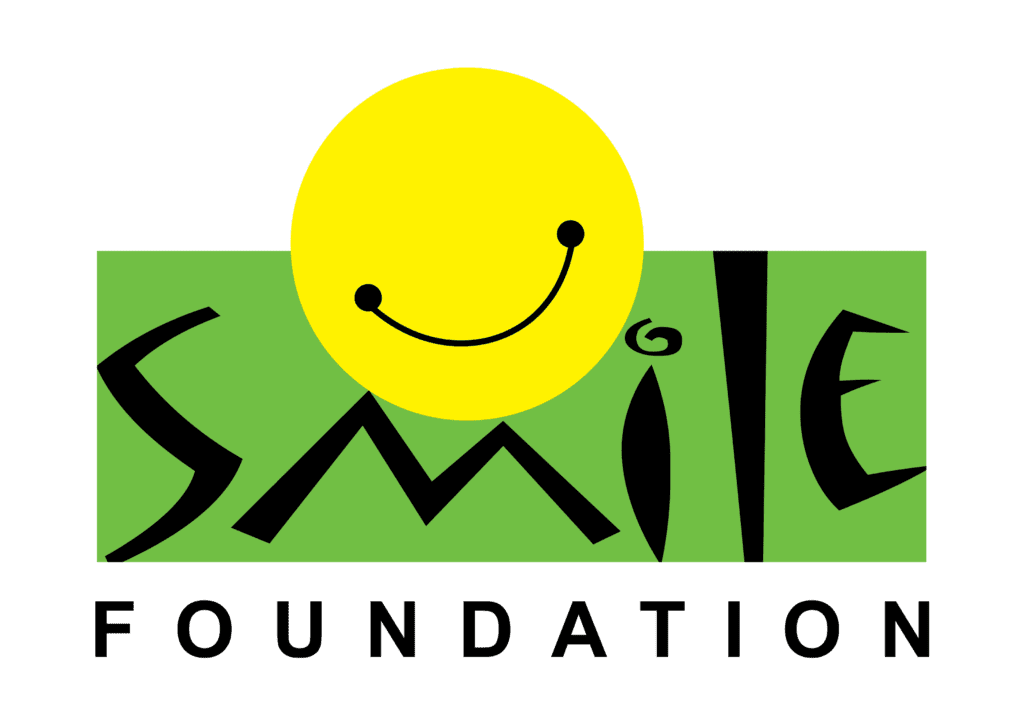Summer Issue - 2017

smilescapes
A man carrying the dead body of his wife for 12km. 4 desperate daughters carrying the body of their mother on their shoulders for cremation. These are the images that resurface in our heads when we think of Kalahandi, where even burying one’s dead remains a struggle. It would come as no surprise then that a staggering 72% of the population in Kalahandi lives below poverty line.
The tragedy of Kalahandi started in 1965 when rains failed the region. For thousands of agonising days, people starved. Out of desperation, women began to abandon or sell their children. Many died. Many left their villages to never return again.
51 years have passed. Today, with a population of more than 1.5 Million, the district is still counted as one of the most backward in India. Spells of droughts and famine have been frequent and starvation deaths continue to be reported in the district. Recently, Kalahandi has also been declared as one of the worst affected districts by Left Wing Extremism which clearly points at the socio-political turmoil that is haunting the already suffering inhabitants of the district. The insurgency drives away any benefits that the people might hope for as traversing the roads entails danger. Modern progress is propelling the nation into development; however, it has left none of its benefits to the remote and cut-off villages of Kalahandi.
Young or old, women are breadwinners in the tribal clans of Kalahandi, Odisha, engaged in agricultural labour work like collecting sal leaves from the forests
As is the case mostly, the district came into the limelight when the image of Dana Majhi carrying his wife’s dead body was splashed across all media outlets. The forgotten land suddenly became everyone’s fancy. And the tribal man had sudden resources bestowed upon him. One would argue that this happened a little too late for him, when in the hour of need he had been denied even an ambulance service.
While this incident made the decadent state of health services in Kalahandi quite evident, the many probes that followed brought to fore the reasons why it is so. The lack of clean drinking water seems to be one of the major causes that have been forcing the villagers to consume water from contaminated sources, leading to various illnesses. Large distances, often blocked by water bodies, to the primary health centres from the villages is another factor which hinders the sick from availing medical services. As a result, for generations, the tribal people in the region have been losing their lives to preventable diseases like tuberculosis, pneumonia, and malaria.
These persistent roadblocks only add misery to the poor populace of this vast land. With even food and water out of their reach, necessities like education and healthcare find no place in their daily lives. When Smile Foundation initiated its mobile hospital programme Smile on Wheels in 41 villages of Kalahandi, it seemed a challenge to rouse the people from the hopelessness that seemed to have enveloped the whole district. Unexpectedly, it was the tribal women who came to our aid.
Dr. Dilip Samal, President of the Odisha Voluntary Health Association, a local organisation that has been working to strengthen the healthcare infrastructure in Kalahandi for years and has partnered with Smile Foundation to implement the Smile on Wheels project, shares, “The maternal mortality rate and the infant mortality rate of the district are both alarmingly high, much worse than the national average. About 10% of children die at birth alone, while those who manage to survive succumb to malnutrition and other ailments. The women have borne the brunt for too long and are not willing to leave their children in the hands of a cruel fate anymore.”
Majority of the women in the tribal belts of Kalahandi are illiterate. However, most of them are breadwinners and toil alongside their husbands to provide for the needs of their children, mostly engaged in low-paying agricultural labour work. With alcoholism rampant among the men, the onus of running the household and bringing up the children lies largely with the women.
These strong women, hardened by suffering are yet motivated to walk the extra mile for the survival and well-being of their children. Not only are an increasing number of women availing the medical services provided by the mobile hospital, they have also been instrumental in informing and bringing more women from neighbouring villages to Smile on Wheels. Mothers are taking their children regularly for immunization and thanks to their continued efforts, some of the defunct health centres which had earlier been “no more than cow sheds” have now started functioning. The project is also liaising with and training government health workers, ASHA and ANM to ensure that health benefits can reach to women and children in the remotest of villages.
One of the major challenges in terms of women’s health in Kalahandi is anaemia. As per a health report by the Planning Commission of India, one out of every two women in the district is anaemic. The women also face very dangerous conditions of birthing. Many of them end up delivering in unhygienic conditions because going to the hospital is just not feasible for them. Now with Smile on Wheels spreading awareness among the pregnant women, more women are opting for institutionalized delivery which is increasing the survival rate of newborns and their mothers. Counseling sessions on nutrition, family planning and other vital health issues are also held, which are regularly attended by the community women.
Once Satya Narayan Thakur, project coordinator of the Smile on Wheels project in Kalahandi, asked a 30-year old mother during a routine check-up in Babubundel village, “What do you wish your daughter to become someday?”
Looking at her three-year old daughter, she replied, “Better.”
This hope of a “better” life that every mother dreams of for her children — and that every child, no matter where he/she lives, deserves, continues to fuel the determination of the tribal women of Kalahandi. And their incredible willpower becomes an inspiration for the Smile on Wheels team to reach out to many more children and mothers with quality healthcare at their doorsteps.



